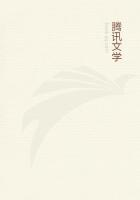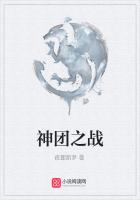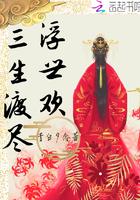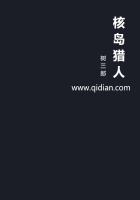Or one confuses the economic definiteness of form which arises from the circulation of value with an objective property; as if objects which in themselves are not capital at all but rather become so only under definite social conditions could in themselves and in their very nature be capital in some definite form, fixed or circulating. We have seen (Buch I, Kap. V) [English edition: Ch. VII. -- Ed .] that the means of production in every labour-process, regardless of the social conditions in which it takes place, are divided into instruments of labour and subjects of labour. But both of them become capital only under the capitalist mode of production, when they become "productive capital," as shown in the preceding part. Thus the distinction between instruments of labour and subject of labour, which is grounded on the nature of the labour-process, is reflected in a new form: the distinction between fixed capital and circulating capital.
It is only then that a thing which performs the function of an instrument of labour becomes fixed capital. If owing to its material properties it can function also in other capacities than that of instrument of labour, it may be fixed capital or not, depending on the specific function it performs.
Cattle as beasts of toil are fixed capital; as beef cattle they are raw material which finally enters into circulation as a product; hence they are circulating, not fixed capital.
The mere fixation of a means of production for a considerable length of time in repeated labour-processes, which however are connected, continuous, and therefore form a production period -- i.e., the entire time of production required to finish a certain product -- obliges the capitalist, just as fixed capital does, to make his advances for a longer or shorter term, but this does not make his capital fixed capital. Seeds for instance are not fixed capital, but only raw material which is held for about a year in the process of production. All capital is held in the process of production so long as it functions as productive capital, and so are therefore all elements of productive capital, whatever their material forms, their functions and the modes of circulation of their values. Whether this period of fixation lasts a long or a short time -- a matter depending on the kind of process of production involved or the useful effect aimed at -- this does not effect the distinction between fixed and circulating capital. [20]
A part of the instruments of labour, which includes the general instruments of labour, is either localised as soon as it enters the process of production as an instrument of labour, i.e., is prepared for its productive function, such as for instance machinery, or is produced from the outset in its immovable, localised form, such as improvements of the soil, factory buildings, blast furnaces, canals, railways, etc. The constant attachment of the instrument of labour to the process of production in which it is to function is here also due to its physical mode of existence. On the other hand an instrument of labour may physically change continually from place to place, may move about, and nevertheless be constantly in the process of production; for instance a locomotive, a ship, beasts of burden, etc.
Neither does immobility in the one case bestow upon it the character of fixed capital, nor does mobility in the other case deprive it of this character.
But the fact that some instruments of labour are localised, attached to the soil by their roots, assigns to this portion of fixed capital a peculiar role in the economy of nations. They cannot be sent abroad, cannot circulate as commodities in the world-market. Title to this fixed capital may change, it may be bought and sold, and to this extent may circulate ideally. These titles of ownership may even circulate in foreign markets, for instance in the form of stocks. But a change of the persons owning this class of fixed capital does not alter the relation of the immovable, materially fixed part of the national wealth to its immovable part. [21]
The peculiar circulation of fixed capital results in a peculiar turnover. That part of the value which it loses in its bodily form by wear and tear circulates as a part of the value of the product. The product converts itself by means of its circulation from commodities into money;hence the same applies to the value-part of the instrument of labour circulated by the product, and this value drips down in the form of money from the process of circulation in pro-portion as this instrument of labour ceases to be a depository of value in the process of production. Its value thus acquires a double existence. One part of it remains attached to its use-form or bodily form belonging in the process of production. The other part detaches itself from that form in the shape of money. In the performance of its function that part of the value of an instrument of labour which exists in its bodily form constantly decreases, while that which is transformed into money constantly increases until the instrument is at last exhausted and its entire value, detached from its corpse, is converted into money.
Here the peculiarity of the turnover of this element of productive capital becomes apparent. The transformation of its value into money keeps pace with the pupation into money of the commodity which is the carrier of its value. But its reconversion from the money-form into a use-form proceeds separately from the reconversion of the commodities into other elements of their production and is determined rather by its own period of reproduction, that is, by the time during which the instrument of labour wears out and must be replaced by another of the same kind. If a machine worth £10,000lasts for, say, a period of ten years, then the period of turnover of the value originally advanced for it amounts to ten years. It need not be renewed and continues to function in its bodily form until this period has expired.

